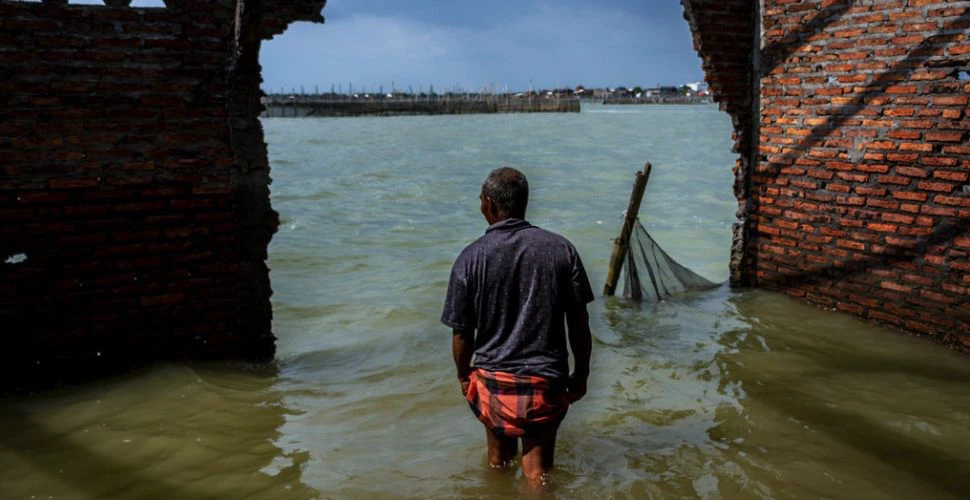The Sharm El-Sheikh COP27 climate summit concluded last week after two weeks of tense discussions with world leaders. Well past the agreed deadline, talks eventually resulted in a historic agreement on loss and damage, which places the responsibility on wealthier states to provide financial assistance to poorer states facing the immediate impacts of the climate crisis.
This is testament to the relentless organizing from climate justice activists around the world who demanded change. However, the details of the loss and damage fund – who will pay, when the funds will be available, and who will be eligible to receive them – remains undecided, leaving those on the frontlines of the climate crisis without the immediate support they require.
In the meantime, forced displacement as a result of the climate crisis is putting communities at risk of modern slavery.
Agreement not strong enough
The COP27 agreement is not strong enough given the devastating impacts of the climate crisis that are happening right now with people feeling the consequences. Climate induced migration and displacement are putting populations on the frontlines of the climate crisis at increased risk of forced marriage, forced labor and exploitation and states must take immediate action to deliver climate justice that is rooted in the protection of human rights and measures to address modern slavery.
Mainouna Diouf is a farmer in the coastal region of Palmarin in Senegal. She explained to openDemocracy how the climate crisis is causing flooding, rising sea levels, and food scarcity. This is one of the causes of forced displacement that will see many internally displaced, and thousands forced to cross borders in years to come.
Food insecurity is already a major problem in Senegal, affecting 15% of rural households and 8% of urban households, but Mainouna said it’s “an even bigger problem” for her community. “If we can’t fish, if we can’t cultivate crops, we have nothing to sell and then we can’t buy anything. It affects not just children, women, old people but everyone.”
She has set up local initiatives to build resilience against climate change and campaigned for infrastructure to protect against flooding, but every year the floods are worse, costing land, homes and lives. “My own house is by the sea, so I have to accept that one day I’m going to lose it,” she added.
States need to act before the next climate summit
Looking ahead to COP28, states must keep discussions going well before the next climate summit to ensure clear commitments and milestones are met. There is no more time to waste. We need world leaders to act NOW by implementing solutions to the climate emergency that put human rights and measures to address modern slavery at their center.
Sign the petition today to demand climate justice without modern slavery.







Freedom United is interested in hearing from our community and welcomes relevant, informed comments, advice, and insights that advance the conversation around our campaigns and advocacy. We value inclusivity and respect within our community. To be approved, your comments should be civil.